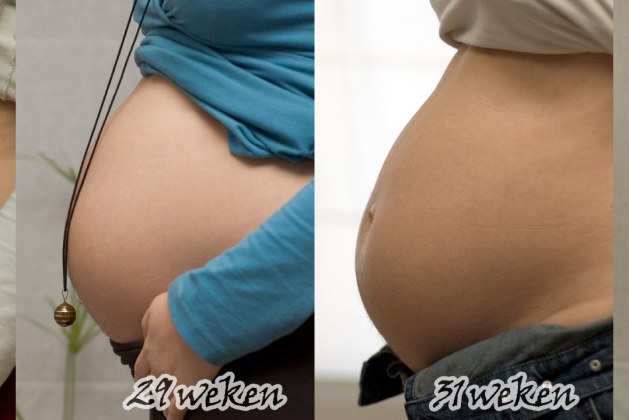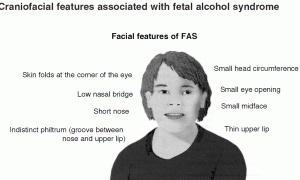
So, you’ve decided to join the reproductive set. Chances are, your general world view is starting to change from “Yay!” to “What was I thinking?!” Whether this is your first pregnancy or your fourth, you’re bound to start it with a certain degree of nervousness. After all, you have become the ultimate scratch baker, and that does require that you make some changes. Luckily, most of the effects pregnancy has on your body are not too severe. Although by the end, you will be glad pregnancy only lasts nine months.
First Trimester
During the first few weeks of your pregnancy, you may not notice anything unusual. There might be a few things out of order, but they may be easy to ignore. In the beginning, you might feel a little tired or lightheaded. Your breasts may feel more tender than usual. Obviously, you will notice that your period never arrives. But that might be all you observe, until morning sickness hits you like a truck.
Ah, morning sickness. Maybe you will feel just a little nauseated from time to time. Or you will retch at the sight of any food, no matter how bland. Experts believe morning sickness is caused by the rapid increase of human chorionic gonadotropin (hCG), one of the hormones that support the pregnancy, in your body. The nausea and vomiting usually tapers off at the point that your hCG levels stop rising – around 12-13 weeks. However, some women suffer a much more serious form of morning sickness, known as hyperemesis gravidarum (HG). Treatment for HG may include anti-nausea medications and IV fluids.
Did someone say fluids? It must be time to head to the bathroom. In the first trimester, you may think you will never get off the toilet. When the embryo (and later, fetus) is first developing, your uterus is still behind your pubic bone. At this time, the uterus puts extraordinary pressure on your bladder. So you may be going frequently, but also struggling to eliminate all the urine. The good news is that by 13 weeks or so, your uterus will rise into your abdominal cavity, which takes some of that pressure off.
Second Trimester
Less-frequent urination is only one reason people call the second trimester “the honeymoon period” of pregnancy. At this time, you may enjoy your pregnancy more than you will in the months before or after. You can enjoy food again. You probably have not gained a lot of weight yet, since the fetus is still rather small. You will still be able to walk and do mild exercises with relative ease. As such, this is a great time to do your research and shopping around for cribs, strollers and the like.
One of the most-loved parts of pregnancy will probably occur between 16-20 weeks. You will begin to feel the fetus moving inside you.
That movement denotes that changes are still happening with your body. By 20 weeks, the top of your uterus will be around your navel. That means that all the organs that have been pushed out of the way may affect you in one way or another. You may notice heartburn or other digestive upset. Pregnancy hormones and pressure on your intestines can cause constipation. You are expanding outward, as well. Your muscles and ligaments relax to allow your body to grow so rapidly. You may experience round ligament pain as a result.
Third Trimester
Toward the end of the second trimester, you will start to feel like you are really pregnant. As your stomach stretches outward, your center of gravity will begin to shift. You will walk differently to accommodate it. Your breasts will expand in size and may begin to leak colostrum, your body’s earliest milk. The brief respite from frequent restroom trips will end, and you will find yourself on the toilet more often. Speaking of the toilet, months of constipation may leave you with unpleasant hemorrhoids, which usually resolve themselves after birth.
Part of your problems will lie in the bedroom, but there are other things you will not be doing, either. Leg cramps, insomnia and frequent urination may lead to a significant decrease in the quality of your sleep. You may feel as though it is quite the ordeal just to roll over at night. Just as you are ready to accept that you will never sleep a full night again, you will be ready for labor and delivery. It may be some months before you feel well-rested, but at least you can cuddle a warm baby instead of a cold toilet.
Pregnancy, labor and delivery are some of the most grueling physical ordeals women can go through. But millions do, every single year. If you are feeling trepidation at what you are about to go through, know that you are not alone. It is hard work, but nothing worth doing is ever easy. Plus, you will have some awesome stories to tell at parties.
What did you wish you knew about pregnancy when you first went on this journey? If you’re starting out, what information do you think is missing the most?




Leave a comment
You must login or register to add a new comment.